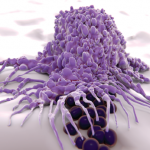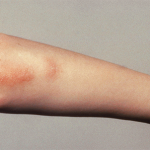“As a resident, [I] felt pretty terrible when [we had] a very sick child and the teams [couldn’t] agree on what to do,” said Lauren Henderson, MD, MMS, on an episode of ACR on Air. She discussed the importance of collaboration across specialties in the identification and treatment of macrophage activation syndrome (MAS).






